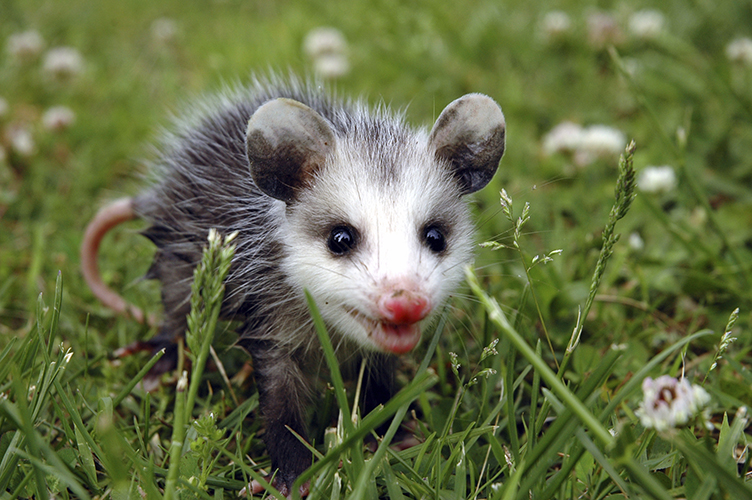
But we may have a pair of surprise supporters in the fight against Lyme disease: possums and foxes.
According to an article in the Poughkeepsie Journal, possums can eat or remove as many as 96 per cent of the ticks that land on them and have a strong natural resistance to fighting off the bacteria that causes Lyme disease.
In that article, a previous video was cited that indicated fox were also excellent at keeping tick populations down, as they are superior predators of the small mammals such as mice and rats that ticks use as hosts.
There’s a lot of assumption and correlation as opposed to theory and causation throughout these news items, but it does give one cause for concern. After all, possums and fox are both regularly hunted or trapped as pest animals and are victims to habitat fragmentation common throughout Canada.
In the fight against a disease that has little research funding, a great deal of pain for sufferers and a potential rise in dispersal, we can use all the help we can get. And that’s just another reason that governments – including municipalities – should be looking at protecting these wild tick fighters.
Work like our growing Living With Wildlife campaign is only possible with the support of monthly donors. Please consider become a monthly donor – for as little as $5 a month – and help us create a Canada that is truly fur-free.

